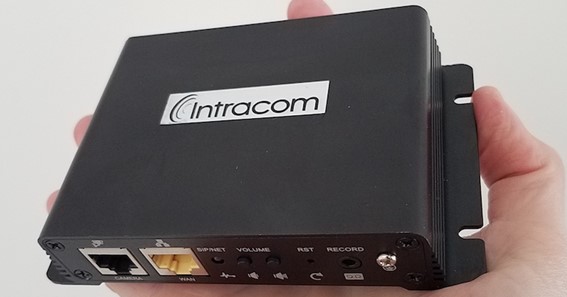Radios and related two way communication devices serve a valuable use in many industries. These tools see a lot of use in warehouses, production, construction, and other industries that require your team to regularly communicate over large distances. Like traditional phone communication, radio communication has seen changes in the technology that helps connect your devices. Much like many formerly copper-line phone systems have switched to voice over internet protocol, radio has also switched to internet-based backdrops in the form of radio over IP interface.
About VOIP
Voice over internet protocol has become a popular business phone solution replacing classic copper line phones. As the name suggests, a VOIP phone system makes use of your existing internet connection to serve as the bridge between two or more communication devices. VOIP systems are varied and can make use of traditional desk phones, mobile phones, and computer software provided you have a microphone or headset. VOIP systems offer many advantages, such as the ability to scale, affordability, global reach, flexibility, and the ability to use an assortment of communication devices to meet your needs and preferences.
How Radio Over IP Differs
While radio over IP (or RoIP) makes use of a similar internet-based system for communication, it does differ in several ways when compared to standard VOIP systems, and it also offers several unique features. These unique features include:
- The use of two-way radios as the common hardware platform. These devices resemble traditional radio in terms of design and function, with an internet connection serving as the format of communication instead of radio waves.
- The addition of push-to-talk features seen in traditional radio systems and classic iDEN devices set this format apart from other VOIP implementations.
- The ability to identify the type of call in progress on your devices, such as single person-to-person calls or group calls.
- The addition of radio identification features.
- Specific radio features such as emergency services and remote monitoring.
Other Advantages
When deciding to upgrade or transition your existing radio communication systems to RoIP, consider the following advantages.
- The implementation is easy and can make use of your existing internet connection and associated security systems such as VPN networks. While new equipment may be needed, these are rarely the large-scale projects you’d find in installing other types of legacy systems.
- By moving to RoIP, you make it easier to connect your various components such as communication devices, consoles, and various other systems. VoIP can also help work around legacy systems that may not easily communicate with each other.
- You can increase reliability by connecting your radio to an already tested and stable system in the form of your existing internet network.
Final Thoughts
If you need an effective, reliable, and affordable solution to your communication needs, RoIP can be exactly what you’re looking for. Legacy hardware such as traditional PTT radios can be hard to maintain and, as they age, harder to repair when needed. RoIP offers the newest technology using equipment that is both current and easier to maintain. If you’re looking to upgrade your existing systems, radio over IP is exactly what you need to get the job done without sacrificing features or accessibility.







